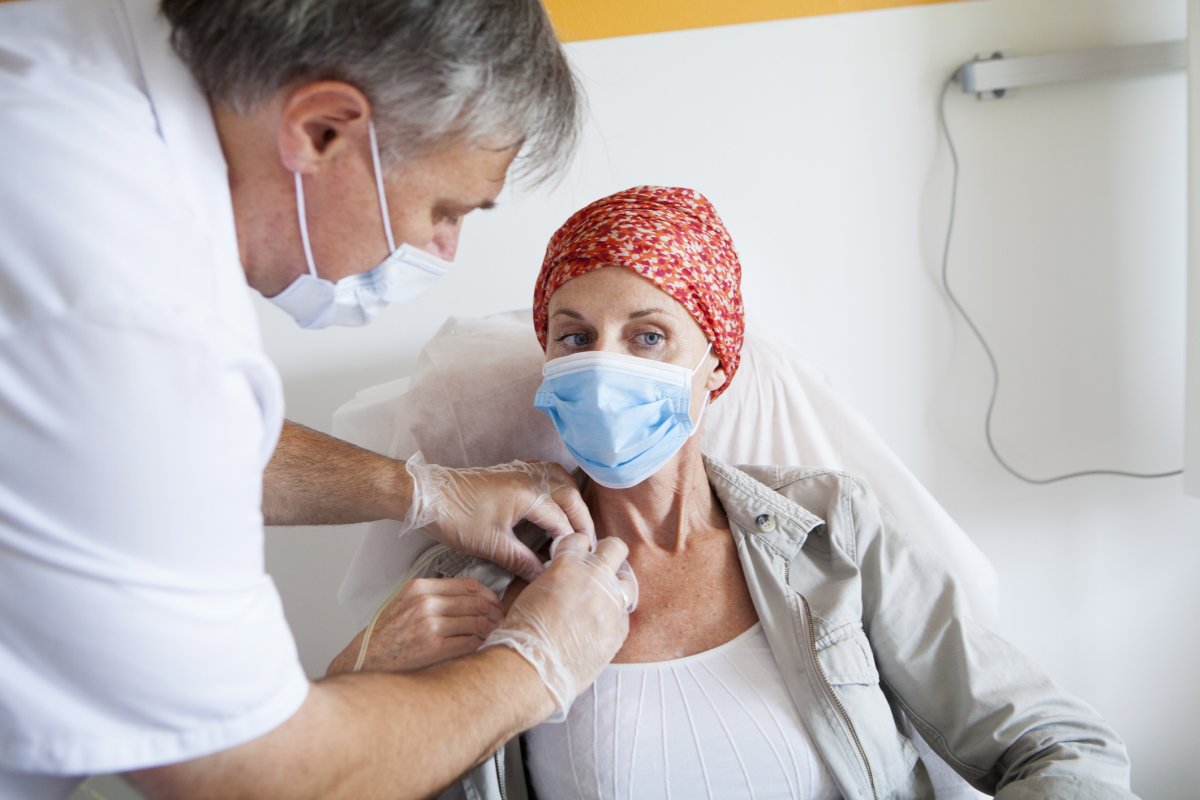Remote 24-hour monitoring has sizable positive effect on cancer patients
Remote 24-hour monitoring for cancer patients receiving chemotherapy brings significant benefits, helping to better manage side effects and improve quality of life, finds a study published by the BMJ today.

Research from the University of Strathclyde and the University of Surrey suggests remote monitoring can provide a safe, secure and “real-time” system that optimises symptom management and supports patients to remain at home - and is particularly relevant in the context of the Covid-19 pandemic. Effective symptom monitoring and management are essential during chemotherapy for cancer, but current approaches rely on patients’ recognising that their symptoms are severe enough to warrant reporting to their care team.
The findings are based on 829 patients aged 18 years or older, diagnosed with breast cancer, colorectal cancer, Hodgkin’s disease or non-Hodgkin’s lymphoma and receiving chemotherapy at 12 cancer centres in Austria, Greece, Norway, the Republic of Ireland and the UK.
Patients were randomly allocated to 24-hour symptom monitoring via the Advanced Symptom Management System (ASyMS) (intervention group) or standard care at their cancer centre (control group) over six cycles of chemotherapy.
Intervention patients completed a daily symptom questionnaire on a handheld ASyMS device; this generated alerts to hospital clinicians if action was needed. Patients were also provided with self-care advice and information on how to manage their symptoms themselves.
The researchers found that symptom burden remained at pre-chemotherapy treatment levels for the intervention group, whereas the control group reported an increased symptom burden from cycle one onwards. Further analysis indicated significant reductions in favour of ASyMS for psychological and physical symptoms and the level of distress associated with each symptom.
It was also noted that health-related quality of life scores were higher in the intervention group across all cycles, and average scores for anxiety were lower.
Dr Jo Armes, Reader in Cancer Care and Lead for Digital Health at the University of Surrey, said: “The value of remote systems for monitoring and supporting patients has been highlighted during the recent pandemic. Our work shows that remote monitoring ensures support is routinely delivered in real-time rather than after symptoms subside, which is often what currently happens.”
Professor Emma Ream, Director of Research and Professor of Supportive Cancer Care at the School of Health Sciences at the University of Surrey, said: “The eSMART study shows remote monitoring can be scaled up, work across varied health systems and provide effective symptom management during chemotherapy, a treatment associated with unpleasant and serious side effects.”
Featured Academics
Media Contacts
External Communications and PR team
Phone: +44 (0)1483 684380 / 688914 / 684378
Email: mediarelations@surrey.ac.uk
Out of hours: +44 (0)7773 479911

